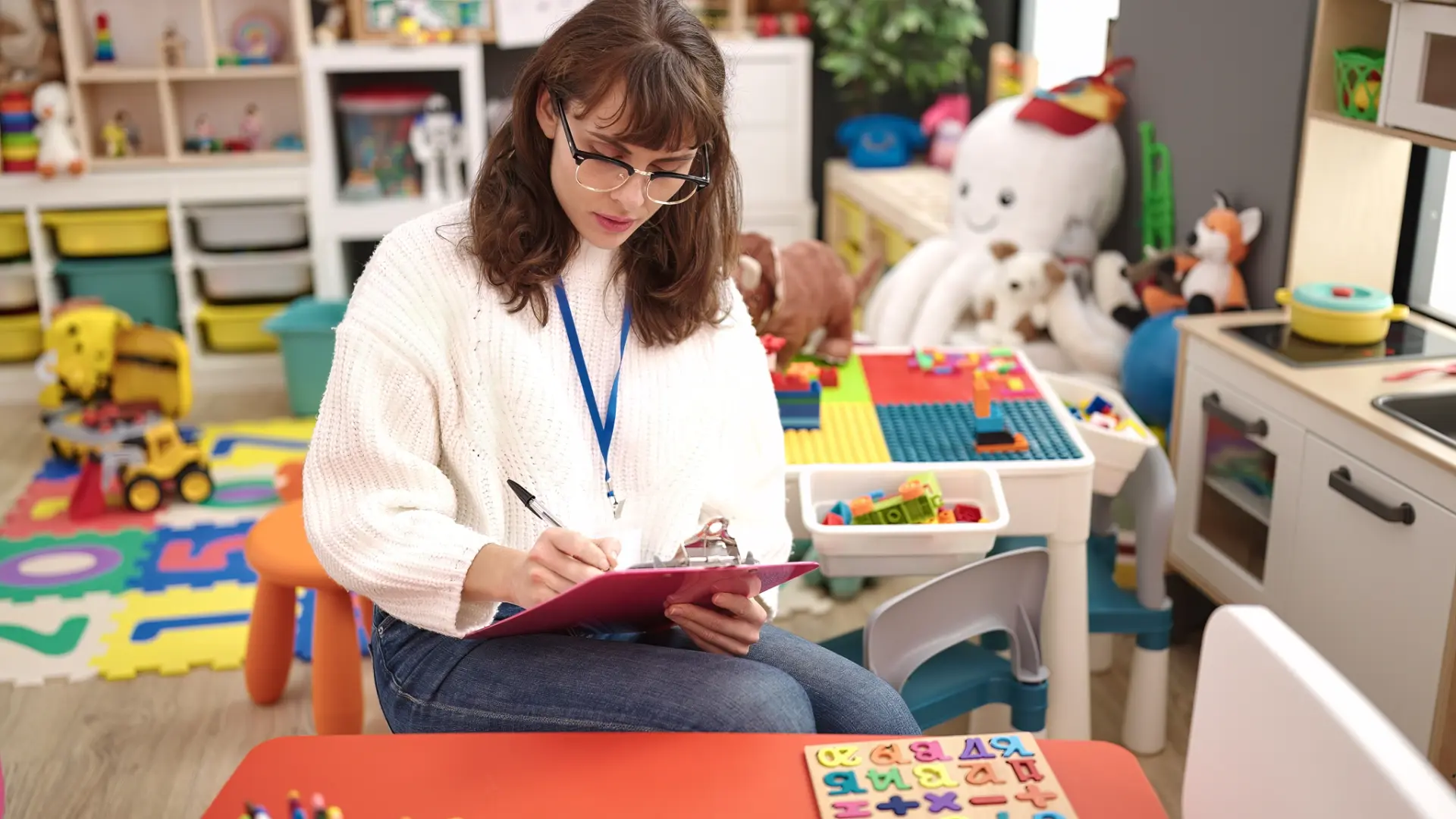On 4 November 2025, the Government published draft regulations to increase the Acas Early Conciliation window from its current 6 week timeframe, to a new 12 week period.The Employment Tribunals (Early Conciliation: Exemptions and Rules of Procedure) (Amendment) Regulations 2025 (“the Regulations”) come into force on 1 December 2025. Our Schools HR team consider what this means for schools and trusts.
The draft Regulations provide that the new 12 week window for early conciliation applies to claims presented on or after 1 December 2025. This means that early conciliation commenced prior to this date will continue to be subject to the current 6 week window.
Acas Early Conciliation (“EC”) is a mandatory first step where an individual wishes to start a claim in the employment tribunal (“ET”). In the majority of cases a claimant must obtain an Acas EC certificate before they can proceed to ET, failing which their claim will be rejected by the tribunal. The purpose of Acas EC is to allow the parties to explore whether an amicable resolution to the dispute can be achieved before the matter proceeds to the ET. The notification to Acas, in itself, is compulsory, although there is no requirement for the parties to actually engage in the process.
Ordinarily the prospective claimant will notify Acas of the claim by completing the Acas EC form online. A claimant may make a number of Acas EC requests against not only the employer (school/trust) but also individuals who were involved in decisions that the claimant is complaining about. This is most common in discrimination claims, where individual staff members can be held personally liable for decisions made in the course of their employment and named in ET proceedings as respondents.
Any Acas EC notification made before 1 December 2025 can last for a maximum of 6 weeks. However, it is not mandatory for either party to engage with Acas EC beyond the initial notification. It is open to a claimant to inform Acas that they do not wish to conciliate and request that the process is closed earlier than the maximum period so they may proceed to the employment tribunal straightaway. Equally a school or trust may wish to take a robust approach and reject conciliation, which will also bring the process to an end earlier than the maximum period.
This increase to the Acas EC window is welcome. Much like the ET system, Acas are overstretched with the number of claims and Acas EC notifications they are dealing with. Many schools and trusts often report that they received no contact from Acas, were not even aware that Acas EC had been commenced and only become aware of it after the Acas EC certificate had already been issued or, worse yet, when a claim is received.
The increased 12 week window for requests made on or after 1 December 2025 gives employers and employees a longer period in which to explore a resolution to the potential dispute, and if possible avoid an ET claim.
We can support schools and Trusts where they are contacted by Acas at the EC stage (or any other stage in proceedings) either by direct communication with Acas or, perhaps more usually, to provide background support to CEOs, Headteachers and HR personnel when they are communicating with Acas. Early conciliation is an important first step in litigation and schools and school leaders often benefit from legal advice and support at that early stage.
This briefing is not intended to be an exhaustive statement of the law and should not be relied on as legal advice to be applied to any particular set of circumstances. Instead, it is intended to act as a brief introductory view of some of the legal considerations relevant to the subject in question.
For further advice on Acas Early Conciliation or any other legal issue in schools, please contact Winckworth Sherwood’s dedicated Schools HR helpdesk on SchoolsHR@wslaw.co.uk or 0345 026 8690.



